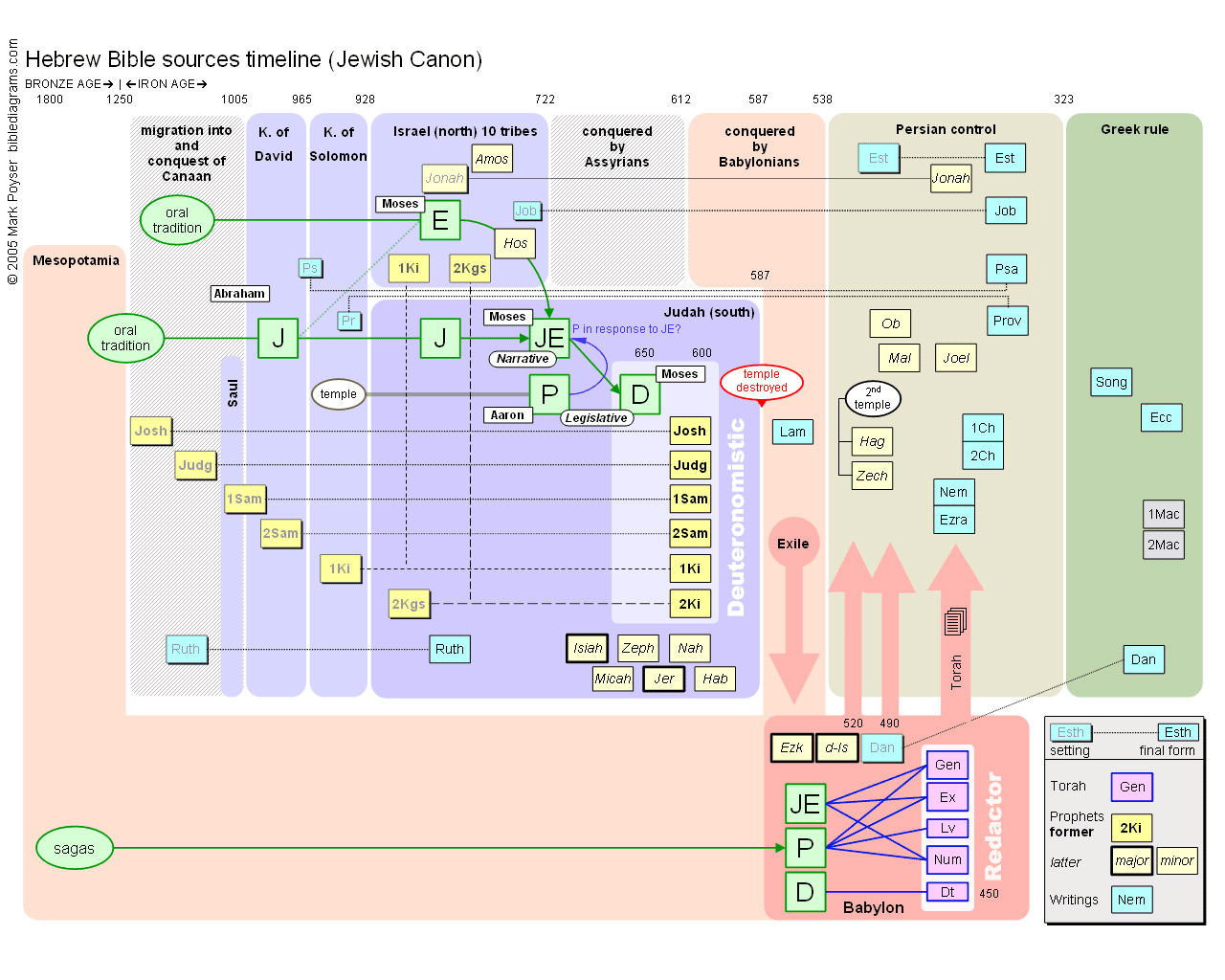Already a week in, and things have gotten pretty strange. Let’s catalogue the depravity of humankind so far:
We manage to make it all the way to generation two before cold-blooded murder enters into the picture. And it is violence at its worst… religiously motivated violence. What is Cain upset about? Abel had an “acceptable” offering and he didn’t. What a whiner baby.
“Sons of God” (whoever they were) getting with “Daughters of Men” (whoever they were). Nice.
In fact, things get so bad that we are only six chapters into human history and God has to re-boot the human race with Noah. Not that Noah and his family are any real prize. Right after they get off the boat, there is some odd encounter involving Noah in the buff and one of his sons.
Shortly afterward, humankind tries to build a tower to “reach” Heaven. Some people just don’t get it.
Abra(ha)m (the forefather of three world religions) pawns his wife off not once, but twice as his sister, in order to save his hide. And technically, it wasn’t a lie. She was his half-sister. Its own brand of weirdness. What’s maybe most troubling is that instead of some negative repercussion, he is “rewarded” with wealth in the form of livestock and money and slaves (?!?).
But all Abraham’s pathetic-ness doesn’t begin to touch that of his nephew Lot and his family. Of course, the big clue is that Lot takes up residence in Sodom… the ancient equivalent of Las Vegas, Amsterdam, and Bangkok all rolled up into one. So when two angels come to “visit” Lot there, the citizens of Sodom come to his house to have “relations” with his house guests. Lot’s brilliant solution? Offer up his daughters to the crowd instead.
Speaking of his daughters… one’s at a loss of words to know what to say about the whole incident with between them and Lot in the cave. I mean really? Lot was completely oblivious? Really? Just sick… and coming from someone who lives in Arkansas, that says a lot.
It sort of seems like the writer of Genesis is going out of his or her way to say, “look at humanity at its most messed up, most broken, most depraved.” This is the sort of stuff we would expect for soap operas, not God’s “chosen” people. I find it interesting that the writer never says, “and they were very wicked” or “in doing this they sinned against the Lord.” There is a remarkable silence when it comes to the behavior of these earliest biblical characters. It is as if the writer is attempting to draw our attention to a much larger, grander story than the failings (no matter how spectacular) of these biblical characters.
In fact, perhaps the single most helpful thing to bear in mind during this year-long project is that the main character of the Bible is God… not us. And if we listen attentively to these early chapters of human history with this truth in mind, the tune we begin to hear is that God is faithful. And He is good. Even when we are not.





